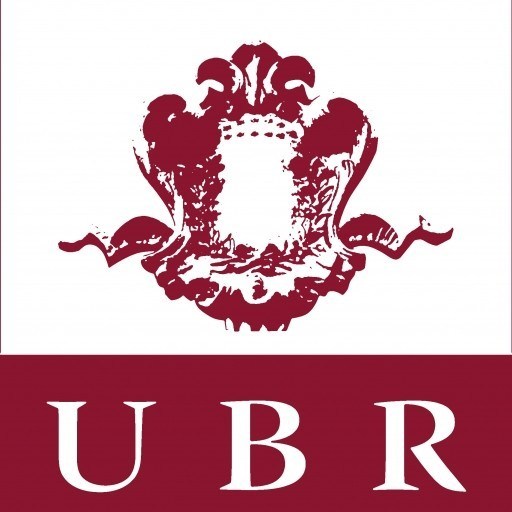Photos of university / #unibasel
Program description: The MSc in Ecology at the University of Basel offers a comprehensive and interdisciplinary education aimed at understanding the complex interactions between organisms and their environments. This program is designed for students who are passionate about exploring the ecological processes that shape life on Earth and are eager to contribute to solving environmental issues. Throughout the course of study, students will acquire in-depth knowledge of various ecological disciplines, including biodiversity, ecosystem functioning, conservation biology, and environmental management.
The curriculum emphasizes both theoretical foundations and practical skills, providing students with opportunities to engage in fieldwork, laboratory experiments, and data analysis. Core courses cover topics such as population dynamics, community ecology, biogeochemical cycles, and climate change impacts. Electives allow students to specialize in areas like urban ecology, landscape ecology, or marine ecosystems, tailoring their education to their interests and career goals.
Research plays a central role in the MSc program, with students involving themselves in ongoing research projects conducted by faculty members renowned for their expertise in ecology and environmental sciences. The program encourages independent research, culminating in a master's thesis that contributes novel insights into ecological questions. Students may also participate in international research collaborations, gaining valuable experience in global environmental issues.
The University of Basel, situated in a region rich in natural biodiversity, provides an ideal environment for ecological studies. State-of-the-art laboratories, research facilities, and partnerships with local and international conservation organizations offer students practical experiences and networking opportunities. The program prepares graduates for careers in academia, environmental consultancy, conservation organizations, and governmental agencies, equipping them with the knowledge and skills necessary to address pressing ecological and environmental challenges.
By completing the MSc in Ecology, students will develop critical thinking, analytical, and communication skills essential for interdisciplinary problem-solving. The program's balanced focus on scientific rigor and real-world application ensures that graduates are well-equipped to contribute effectively to ecological research, policy making, and sustainable environmental management. Whether aiming to pursue doctoral studies or enter the workforce, students will find a stimulating academic environment that promotes innovation, collaboration, and a deep understanding of the natural world.
The Master of Science degree is a postgraduate degree that requires a successfully completed Bachelor’s program. The program awards 90 ECTS credits in total. The Master’s degree program Ecology is a so called mono-course consisting of only one core subject. Supervised practical work over the course of one year constitutes the core of the studies. One ECTS credit point roughly equals 30 hours of studying.
The following degree allows for direct admission to the Master's degree program Ecology: Bachelor of Science (BSc) in Biology from the University of Basel. Other Swiss or foreign degrees from an education institution recognized by the University of Basel have to be approved by the examination commission of the Faculty of Science.
The financing options for the Ecology program at the University of Basel are designed to support students throughout their studies and make higher education accessible. The university offers a range of financial aid opportunities, including government-funded scholarships, grants, and student loans, which can cover tuition fees and living expenses. International students can also apply for scholarships specifically aimed at promoting diversity and academic excellence. The Swiss government and the university itself provide various financial aid programs, with eligibility criteria based on academic achievement, financial need, and national origin. Additionally, students are encouraged to seek external funding from organizations, foundations, and research grants relevant to their field of study. The university's Career Service offers guidance on part-time work opportunities on and off campus to help students finance their studies while gaining valuable experience. Tuition fees for the Ecology program are relatively modest compared to international standards, and the university provides transparent information about costs on its official website. Students are advised to prepare a comprehensive financial plan, including potential sources of income and expenses, early in their academic planning. The university also has dedicated counseling services to assist students with financial planning, scholarship applications, and navigating the financial support system. Overall, the University of Basel emphasizes making high-quality education in Ecology accessible to all qualified students through its diverse financial support measures.
The University of Basel currently collects CHF 850 in tuition fees per semester, along with CHF 10 for the student body.
Please note that there are also costs for books and, of course, your personal living expenses. The following list provides a general indication of monthly living expenses if you are not living at home with your family.
Rent (room, shared living space, student dormitory)
Minimum: CHF 400; Average: CHF 600
Food, household, clothing
Minimum: CHF 450; Average: CHF 600
Insurance/healthcare
Minimum: CHF 200; Average: CHF 300
Transportation
Minimum: CHF 60; Average: CHF 90
Learning materials
Minimum: CHF 100; Average: CHF 150
Tuition Fees
CHF 140
Recreation/culture
Minimum: CHF 150; Average: CHF 220
Total
Minimum: CHF 1500; Average: CHF 2100









